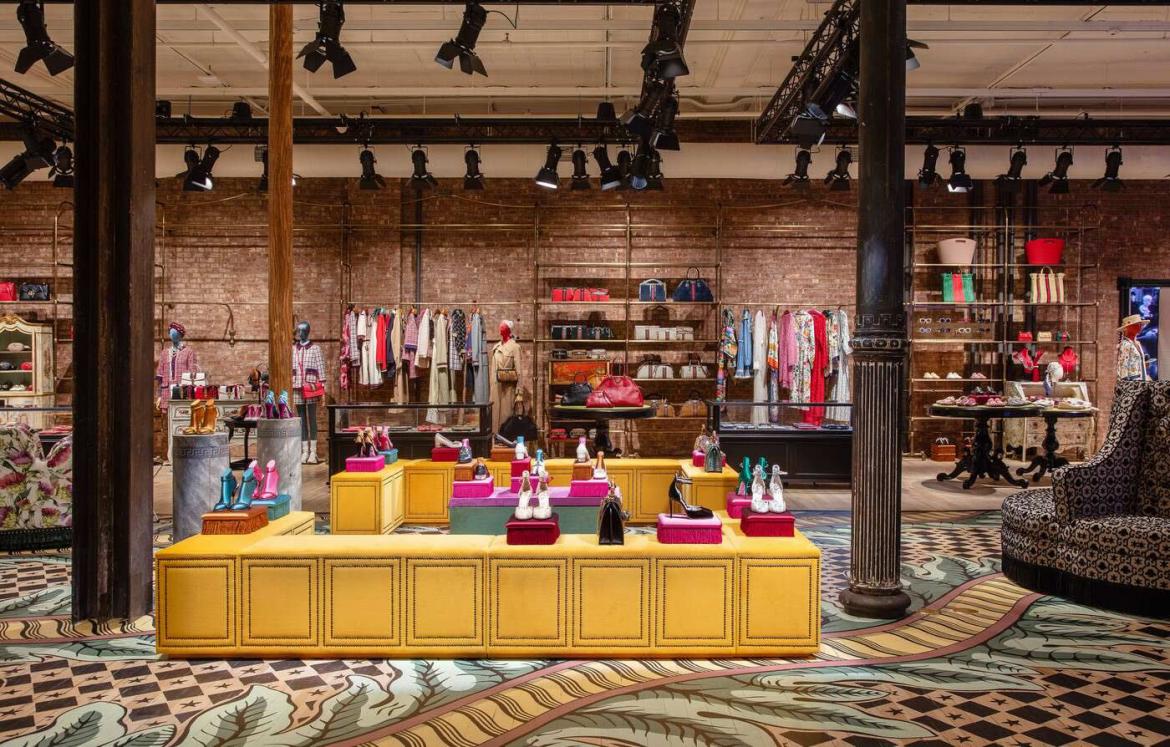Have you checked in on a friend or a loved one lately? Are they doing well? Let’s not forget that the spread of COVID-19 hasn’t just caused health concerns but also financial crunches. The number of people affected by the virus is alarmingly high but so is the case with people hit with financial issues. One would think that the word shopping has lost its meaning in our current world crisis but that’s hardly the case. People are now resorting to ‘shoptimism’ which basically constitutes a billable wish for a better and normal future. There is hope that things will return to the way they have always been and our regular routines will be bestowed on us so why not shop and be ready? Some call it retail therapy too, but call it what you may fact is a lot of people engage in such superfluous spending even when times are tremendously tough. Remember when the great recession hit us in 2009? That’s when Esquire editor Lee Eisenberg released his book on the subject, Shoptimism: Why the American Consumer Will Keep on Buying No Matter What. He describes two types of buyers in this book, the classic shopper, and the romantic shopper. He also says both these types exist in us all and can show up even in a pressed-for-cash, a pandemic situation which is exactly what happened in China. The consumer data analytics firm Amperity. tracks consumer spending by category and recorded huge plunges in spending in the first full week of April on “home, jewelry, and leisure” and “fashion and apparel.” it would be foolish to say these sales and numbers are high as usual, but they are still up and coming while on the other hand the classic shopper spending on groceries and other vital items is keeping those practical statistics up.
You can’t ignore the romantic shopper even in a crisis situation as shopping is their way of stemming from it. If buying a Louis Vuitton bag gives them hope and happiness they will go for it no matter the situation. How else does one explain the shopping craze witnessed in china when on the first day of its reopening a single Hermès store in China clocked in $2.7 million in sales? In the U.S., marketing firm Qubit reported a 2% rise in luxury spending in late March even as fast-fashion sales plunged 40%. The theory of buying less but better is what is causing this increase in sales of luxury items. With an interest in luxury items still escalating it only made sense for a luxury house like Louis Vuitton to tap this interest and has increased the prices across all its handbag styles by 20%. At the crux of it all, these shopaholics are the ones who will help a massively consumer-driven economy to bounce back. Do I agree with the idea of shoptimism? On some levels yes, as a classic shopper I am also indulging in things like food, beverage, and leisurely activities more than I should.
Bizarre or intelligible? Why people are buying luxury goods amid a financial crisis and a pandemic

